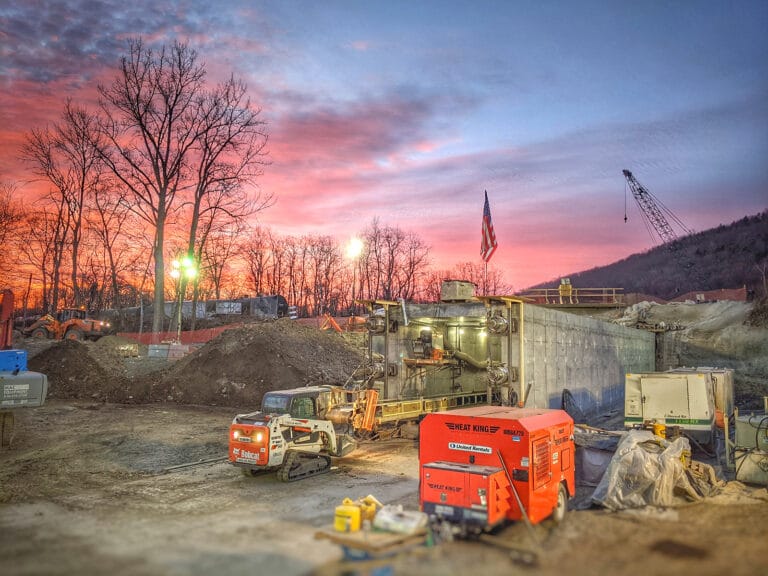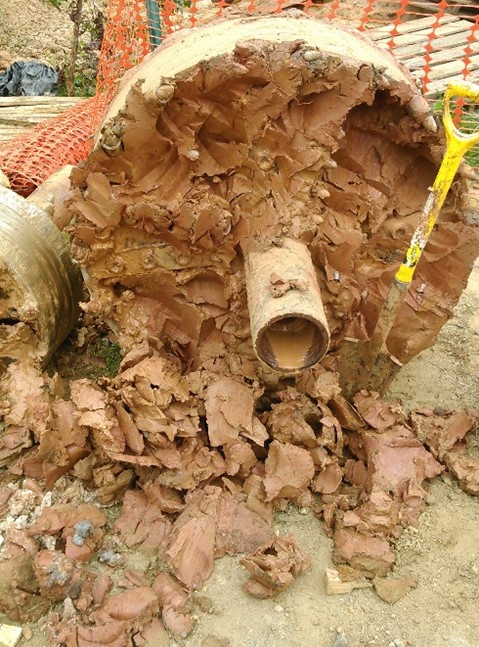Brierley Associates is proud to support the North American Society for Trenchless Technology’s NoDig 2022, providing our expertise and insights in technical sessions at the conference, April 10-13, 2022 in Minneapolis. Also, Brierley’s own Brian Dorwart serves as New Installations Track Leader! If you want to learn more, here’s a link to the NoDig website.
Innovative Jacked Box Installation Method, Utilizing Both Pilot Tube and HDD Technologies
With Nick Strater and Kyle Friedman
To be presented Tuesday, April 12, 4:45 to 5:10 PM
The recently completed New York Empire State Trail is the longest multi-use trail in the nation, extending 750 miles from New York City to Canada and Buffalo to Albany. The last component of the 3-year project involved connecting the trail through the 3-mile long ‘Rotterdam Gap’ where three active Pan Am freight rail lines had to be crossed. This would require a 107-ft long, 12-ft x 12-ft reinforced concrete box tunnel constructed below the rails, with a minimum vertical cover of 5.5-ft. To minimize rail disturbance, open-cut box installation would not be allowed.
An innovative trenchless method was used for installation of the box, which was pulled into place using a series of cables, rather than direct jacking. Cable casings were placed through the embankment using a combination of pilot tube guided auger boring, and horizontal directional drilling. Trenchless methods were also used to place a pipe canopy, instrumentation, and ground improvement. Following the box pull, vertical deformation of the embankment was determined to be negligible. This paper describes the trenchless methods used, and the process of box tunnel installation.

 Influence of Geologic History on the Clogging Behavior of Soil
Influence of Geologic History on the Clogging Behavior of Soil
With Tom Pullen and Victor Akeju
To be presented Wednesday, April 13, 8:00 to 8:25 AM
Clogging has remained a serious challenge in tunneling projects especially in soft grounds. Apart from leading to wearing of the cutting tool and muck transportation systems, clogging occurrence leads to time loss, delays and ultimately, economic loss. This study explores how the geologic history of project sites can be used to evaluate the clogging potential and sensitivity of soft ground. The correlation between the geologic history of the ground, relevant index properties and geotechnical parameters are also examined. A database that compares different clay formations based on their clogging potentials is also developed in this study. This study will be of great benefit to practitioners especially at the preliminary stages of tunneling projects in soft grounds.
 Influence of Geologic History on the Clogging Behavior of Soil
Influence of Geologic History on the Clogging Behavior of Soil